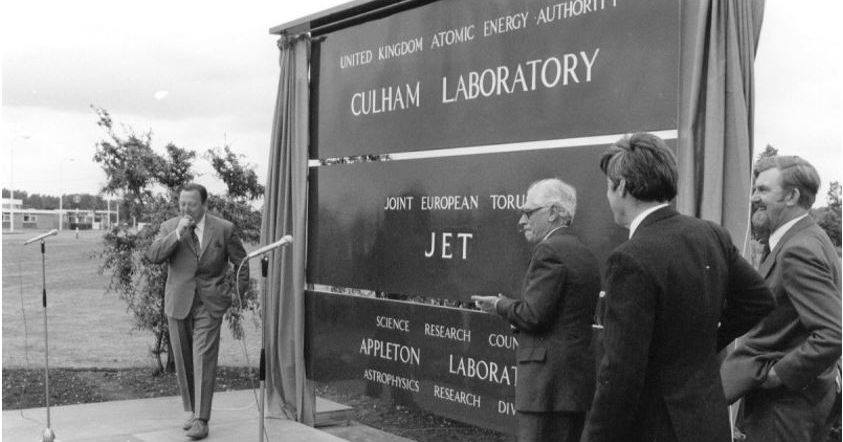
Arnold Millman Allen CBE was born in Hackney in 1924. He attended Hackney Downs Secondary School and Peterhouse where he read History.
He joined the Treasury in 1945, becoming private secretary to the Financial Secretary in 1951 and a principal two years later. In 1956 he was appointed private secretary to the chairman of the UKAEA, Lord Plowden. After returning briefly to the Treasury, he went back to the UKAEA in 1959 as director of personnel and administration in the development and engineering group.
In 1963 Allen became general manager of the British Waterways Board, the body that ran the inland waterways. Realising that the canal system, neglected since its nationalisation in 1948, could never pay its way as a commercial venture, Allen recommended opening it up for leisure purposes. His efforts resulted in the 1968 Transport Act, a turning point in the history of the canal network.
In 1968 Allen returned to the UKAEA and in 1971 was appointed to the board with responsibility for personnel, programmes and overseas and commercial relations. At this time the UKAEA was being drastically pruned with divisions being hived off to become British Nuclear Fuels or transferred to the Radiochemical Centre, the National Radiological Protection Board and the Ministry of Defence.
Allen steered the UK Atomic Energy Authority through one of the most challenging periods. With the Government reducing its funding of nuclear research, Allen ensured the authority’s survival in the early 1980s by introducing commercial discipline into its nuclear work and diversification programme.
In negotiations with trade unionists Allen displayed a clear grasp of the legal complexities created by these changes, while his honesty and sensitivity won him the trust of the unions — in an era of industrial unrest, the UKAEA faced only a handful of minor strikes.
After becoming the board member responsible for finance and administration in 1976, Allen instituted a recruitment programme to bring in younger staff. He also saw through a major overhaul of the UKAEA’s superannuation scheme. Appointed deputy chairman in 1981, he became chief executive in 1982 and chairman in 1984.
Allen was a committed and highly respected member of the European Atomic Energy Society, the body formed as a counterweight to American dominance of the civil atomic field. Such was his influence that the UKAEA was able to secure two massive European undertakings for the UK: Winfrith was selected as the site for Dragon, the world’s first hightemperature gas-cooled reactor, and Culham was chosen to host JET (Joint European Torus), Europe’s flagship fusion energy project.
Arnold Allen was appointed CBE in 1977. He is survived by his wife and their three sons and daughter.
He was initiated in November 1972 and rose to be installed as Worshipful Master in 1980. He resigned in 1989.